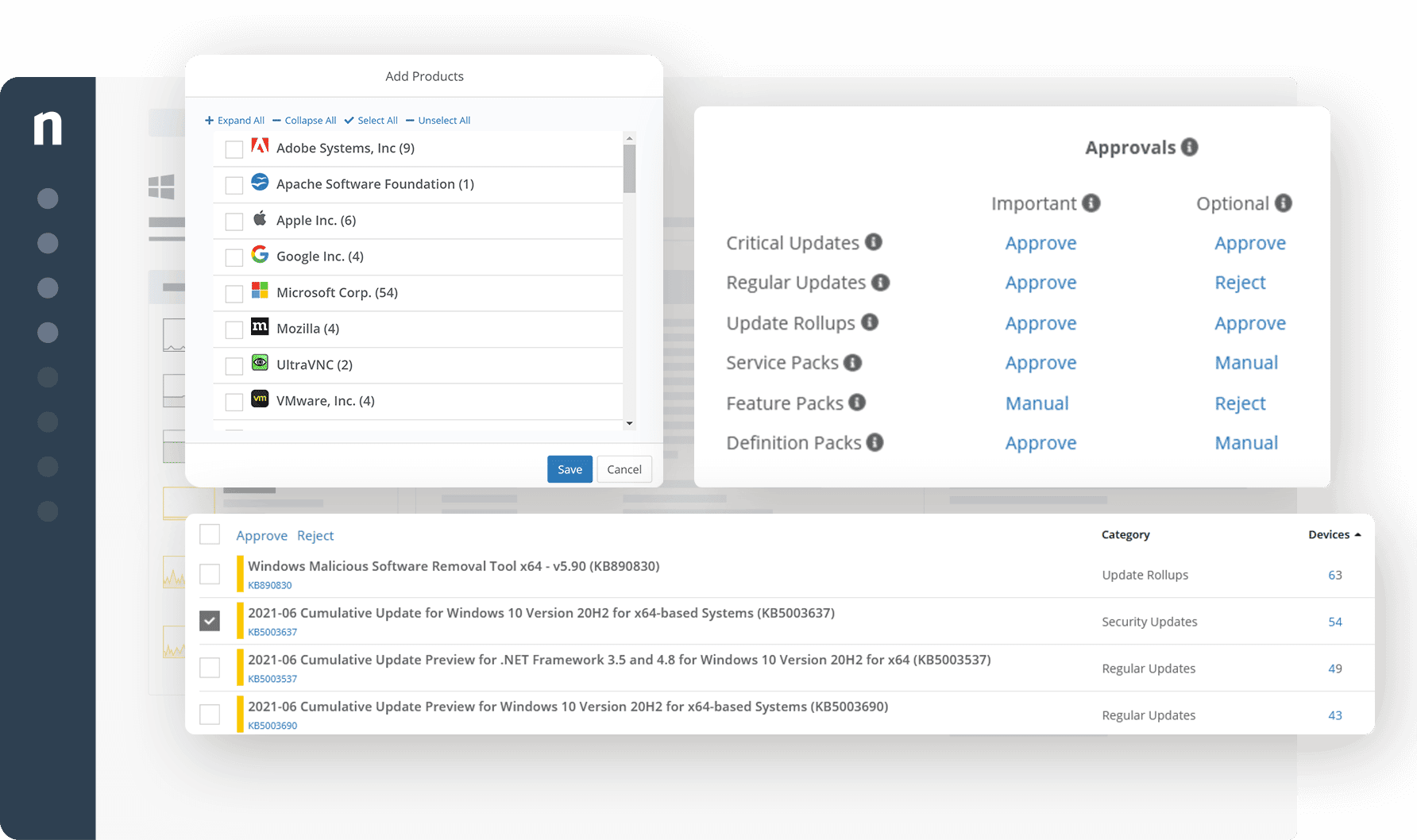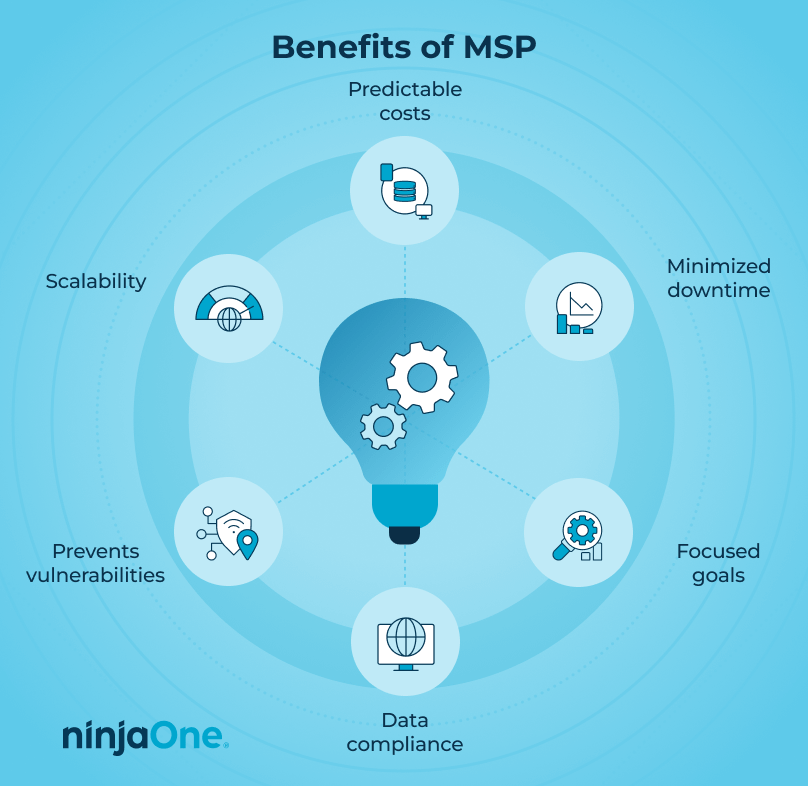What is an MSP?
Modern businesses depend heavily on technology. As such, the IT professional has become one of the most key players in the office, with their actions keeping every other piece of the operation moving.
Not all businesses have their own IT staff, however. There are other ways to fill the information technology needs of a business without creating an IT department in-house. One of the most popular is through outsourced IT providers, known as managed services providers or MSPs.

